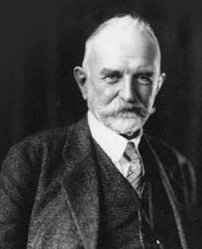A Quote by Zadie Smith
Everything shrinks. Individual character. Friendships. Language. Sensibility.
Quote Topics
Related Quotes
I believe that we must use language. If it is used in a feminist perspective, with a feminist sensibility, language will find itself changed in a feminist manner. It will nonetheless be the language. You can't not use this universal instrument; you can't create an artificial language, in my opinion. But naturally, each writer must use it in his/her own way.
We have the character of an island nation: independent, forthright, passionate in defence of our sovereignty. We can no more change this British sensibility than we can drain the English Channel. And because of this sensibility, we come to the European Union with a frame of mind that is more practical than emotional.
I have no idea what a British sensibility or a British sense of humor is. I have no concept of what that is. I have no concept of what American sensibility is. I was born in Great Britain, but I was only there for six months, and we moved to Belgium, where I grew up. I love Britain, I lived there for nine years doing shows and things, but I don't know what a British sensibility is. I'd like to have someone tell me what an American sensibility is.




































